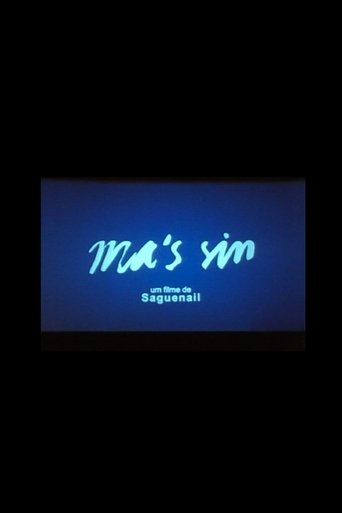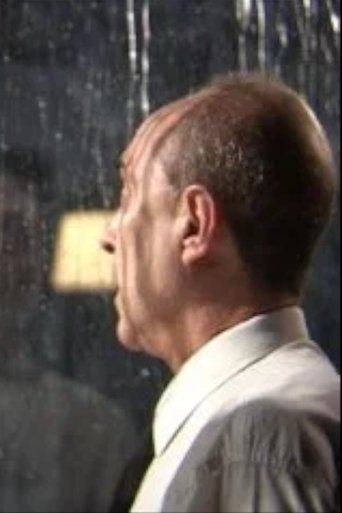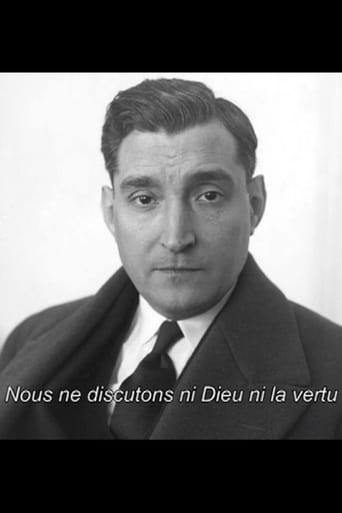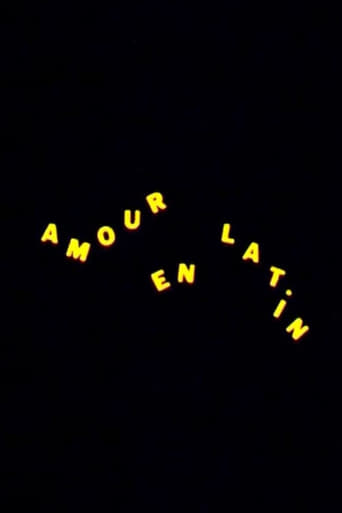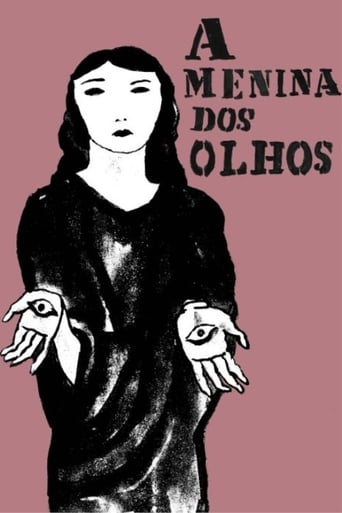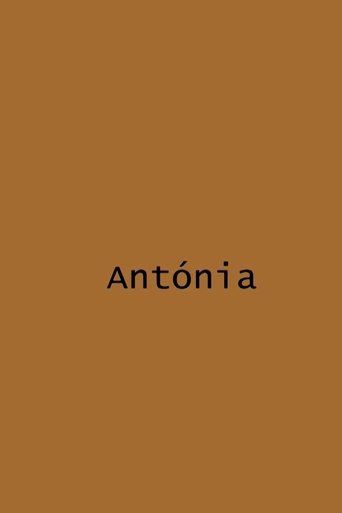Hélastre
Mudas Mudanças 1980
A paralyzed man travels across the city of Porto, finding characters and scenes from popular tales along the way.
Meu Deus 2005
An altarpiece and a portrait, whose composition obeys the digressions and ramblings of a handful of people, around their intimate relationship with God.
Caderno da Cirurgia 1970
Má Sina 1996
In an empty theatre, a woman is watching an American film - "Ma's Sin" - which tells the weird revenge story of a middle-aged wife, driven mad by jealousy and a deep feer of dying. During the screening, the viewer's fantasies embodied in male characters harass her. Thus she will live the double adventure of the projected motion picture and of her own mental film. But as the lights turn on, she leaves the theatre, apparently unaffected.
Mau Dia 2006
From Jacques Prévert's poem “Petit déjeuner du matin”, Mau Dia experiences a dilation of the time in which the banality hides the lived drama. All elements are decomposed and then rebuilt - painted walls, orchestrated rain, spoiled actions, depicted or sung…
Ursas Menores 1970
History with no capital letter 2019
Portrait of a time and a country through the plotless story of an unassuming couple, questioning seeming antagonisms that conceal mysterious kinships, and highlighting an intrinsic contradiction of cinema: while fabricating images, film language creates objects that are deeply different from the original models
Amour en latin 1989
In an enclosed space of a café for an entire night, a set of characters try to verbalize their thirst for love and their fear that love will overwhelm them.
Cineclube 2021
Ateliers Ângelo 2011
Ateliers Ângelo films the artist's Ângelo de Sousa workspaces shortly after his death. Its absence is now an immense presence and impossible to represent.
A Menina Dos Olhos 2012
A documentary view of the practices of popular culture in the most jubilant of the local pagan festivities.
Antónia 2007
Antónia didn't play with dolls, nor did she learn to read and write at the age when children go to school and don't usually sell their labor power. She experienced the harsh social inequalities of Salazarism. Used to toiling from sun up to sun down, work is still her "sport" today. She regrets that those who miss the dictatorship are not forced to experience in the flesh what fascism was like... She tells us all this while her hands prepare the dough for the Easter cakes, scented with aniseed, with the zeal of a master.
A Última Fita 1970
Rua A B 1970
A Bagagem 2006
On leaving university, what do students do with their acquired baggage? Is it for them to find a job that meets their expectations? And how do they see the university once the study cycle they have completed there?

